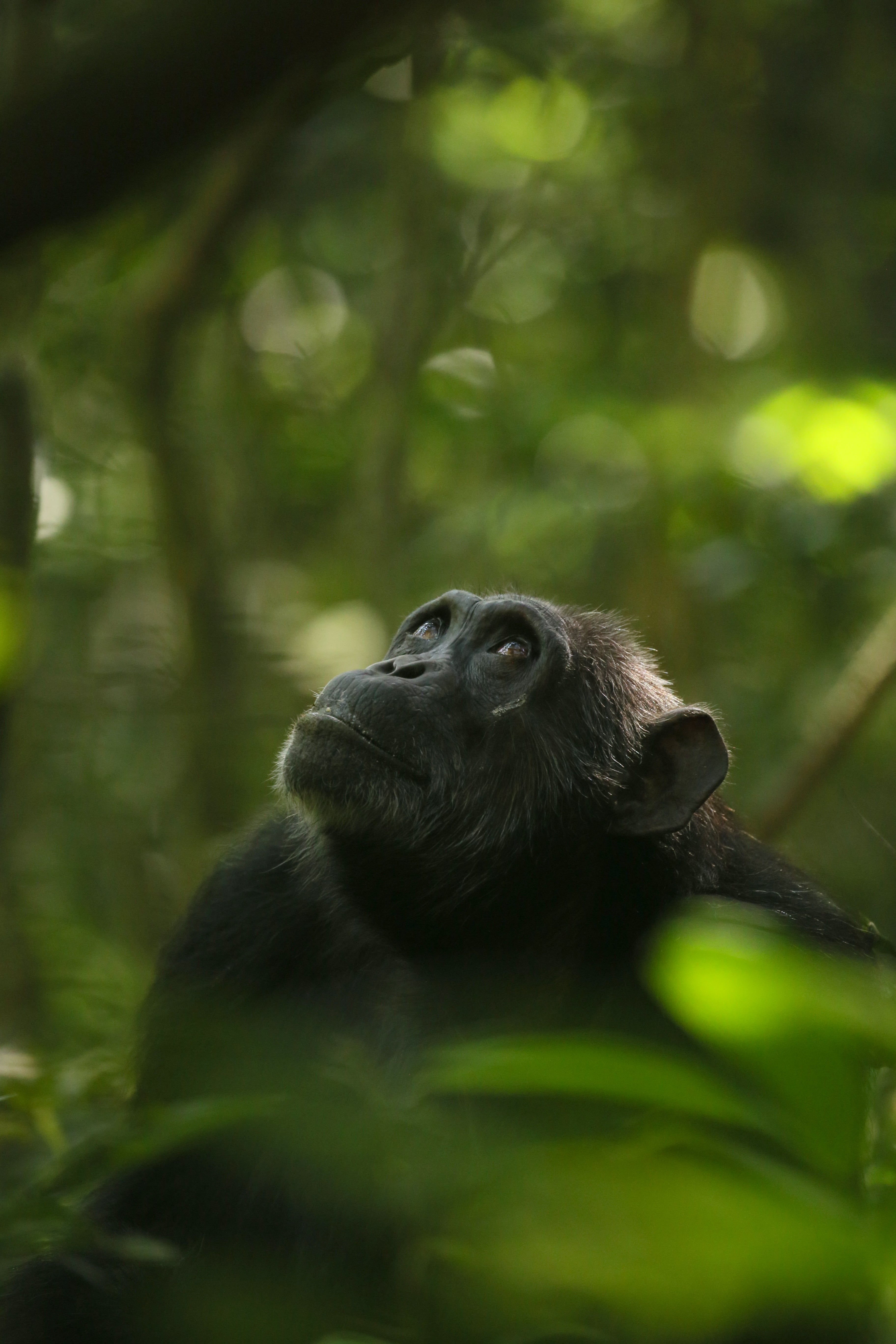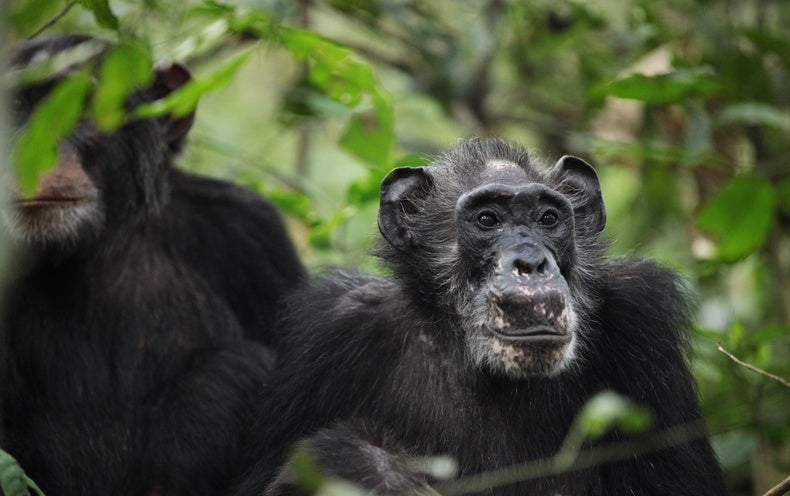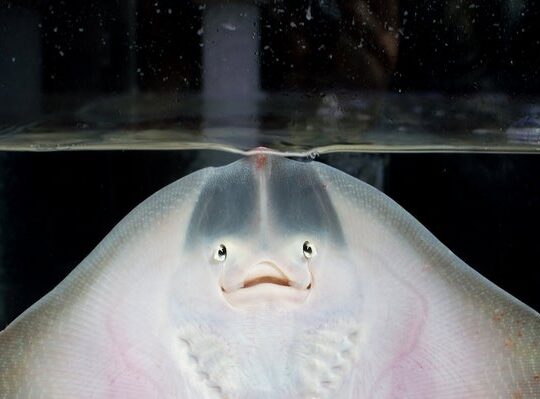[ad_1]
Menopause is rare in the animal kingdom. In mammals, menopause occurs one year after an individual’s final natural ovulation cycle and is marked by changes in hormone levels and infertility. It has only been documented in a few species, including humans, orcas and short-finned pilot whales. But new evidence shows that some wild chimpanzees experience menopause as well.
Scientists spent years studying the Ngogo chimpanzee group in Uganda. They gathered demographic and hormonal evidence that strongly suggests a number of elderly females in the population underwent menopause—and continued to live healthy lives for several years afterward. Although researchers have observed signs of menopause in some captive nonhuman primates, this is the first time it has been documented in primates in the wild.
“I think this is an incredibly exciting piece of research,” says Susan Alberts, a primatologist at Duke University, who was not involved in the study, which was published on Thursday in Science. “They’ve done such a beautiful job with their analysis.”
The Ngogo chimpanzee population is unique for many reasons. The primates, which dwell in the interior of Uganda’s Kibale National Park, are far more isolated from human cities than most of the world’s chimps. They are well-researched and have even starred in their own Netflix series. And compared with other chimpanzee populations, the Ngogo chimps tend live a long time.

When Sholly Gunter started working with the apes in the early 2000s, she noticed this right away. “We had a lot of old ladies,” she says, “and that was unusual.”
Gunter, a biologist at McLennan Community College and one of the co-authors of the new study, suspected that these older female chimps might be undergoing menopause. So she and her colleagues began collecting urine samples from the primates and testing them for hormonal changes, such as increases in luteinizing hormone and decreases in estradiol, that indicate menopause in humans.
They found these changes in several elderly females. The researchers were then able to combine this dataset with demographic information gathered from the population over several years. Importantly, the data demonstrated “not only that chimpanzee menopause can occur but [also] when it occurs,” says Melissa Emery Thompson, an evolutionary anthropologist at the University of New Mexico and a co-author of the study. The results showed that, similar to humans, the Ngogo chimpanzees tend to begin menopause after age 50. On average, females that reached sexual maturity lived around one fifth of their lives in a postreproductive state—about half as long as human hunter-gatherers.
Why these chimps undergo menopause is a bit trickier to explain. After all, it’s a bit of an evolutionary mystery why an organism would outlive its reproductive capacity. One of the prevailing explanations for menopause in humans, known as the “grandmother hypothesis,” posits that it is evolutionarily advantageous for older women to stick around and help raise the next generation.
But “that’s not really possible for chimpanzees because they don’t live with their daughters,” says Peter Ellison, an evolutionary anthropologist at Harvard University, who was not involved in the study. Adult female chimps tend to move to a different family when it’s time for them to have babies, and they tend to raise them communally, meaning that there is no genetic incentive for the primates to favor their own grandchildren.
Instead the research suggests that menopause may simply be a feature of mammalian reproductive systems that emerges if such an animal lives long enough. “It may have been something that was shared by the last common ancestor of humans and chimpanzees,” Gunter says. And perhaps because of their isolation from human-induced stress, the Ngogo chimps tend to live for a long time.
For some experts, it was a surprising find. “If you had told me about this result before I read the paper, I would have been skeptical,” Alberts says. Not all chimpanzees appear to undergo menopause—but this could be a result of factors other than biology. In most populations of chimps outside of the Ngogo group, adult females live to around age 30, usually because of predators, disease or stress. Alberts says the new paper’s results are so robust that she can’t argue with them, however. The next step, she adds, would be to do similar long-term studies in additional wild chimpanzee populations to figure out whether the Ngogo chimps are unique in living beyond their reproductive years.
Ellison would like to see similar studies of other social mammal species, such as elephants and woolly spider monkeys. The results may help us develop a better understanding of how menopause evolved, as well as why—and whether—it remains so rare.
[ad_2]
Source link



 JEWISH DIGITAL TIMES
JEWISH DIGITAL TIMES








